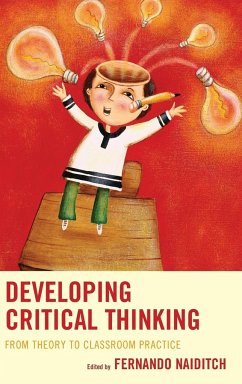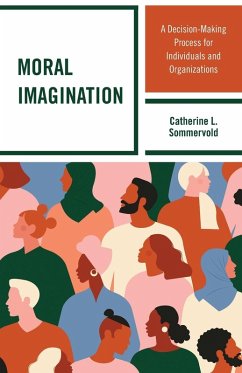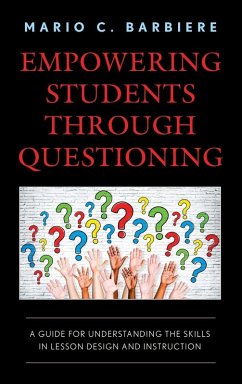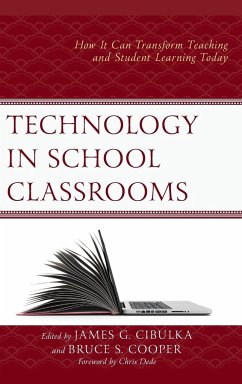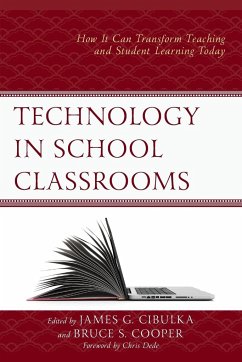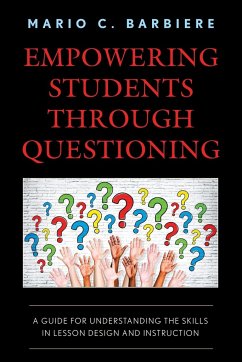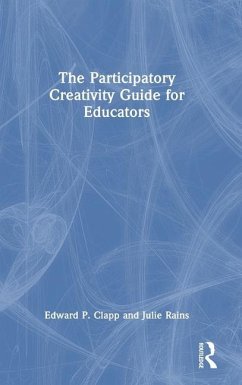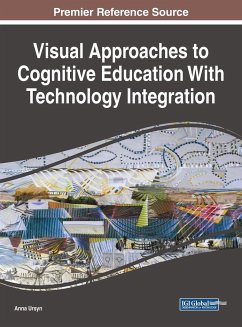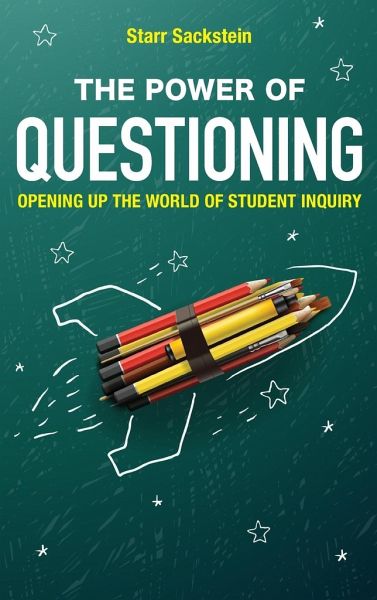
Power of Questioning
Opening up the World of Student Inquiry
Versandkostenfrei!
Versandfertig in 1-2 Wochen
56,99 €
inkl. MwSt.
Weitere Ausgaben:

PAYBACK Punkte
28 °P sammeln!
Teaching and learning cannot happen without questions. Inquiry is the offspring of curiosity and creativity. Questions are incredibly powerful tools that open the world up. In the age of Google, the way we teach needs to change and students need to be reconnected with their early childhood curiosity. Let's put that control back into kids' hands by teaching them to question better. The Power of Questioning will help you to make students partners in their own learning.





